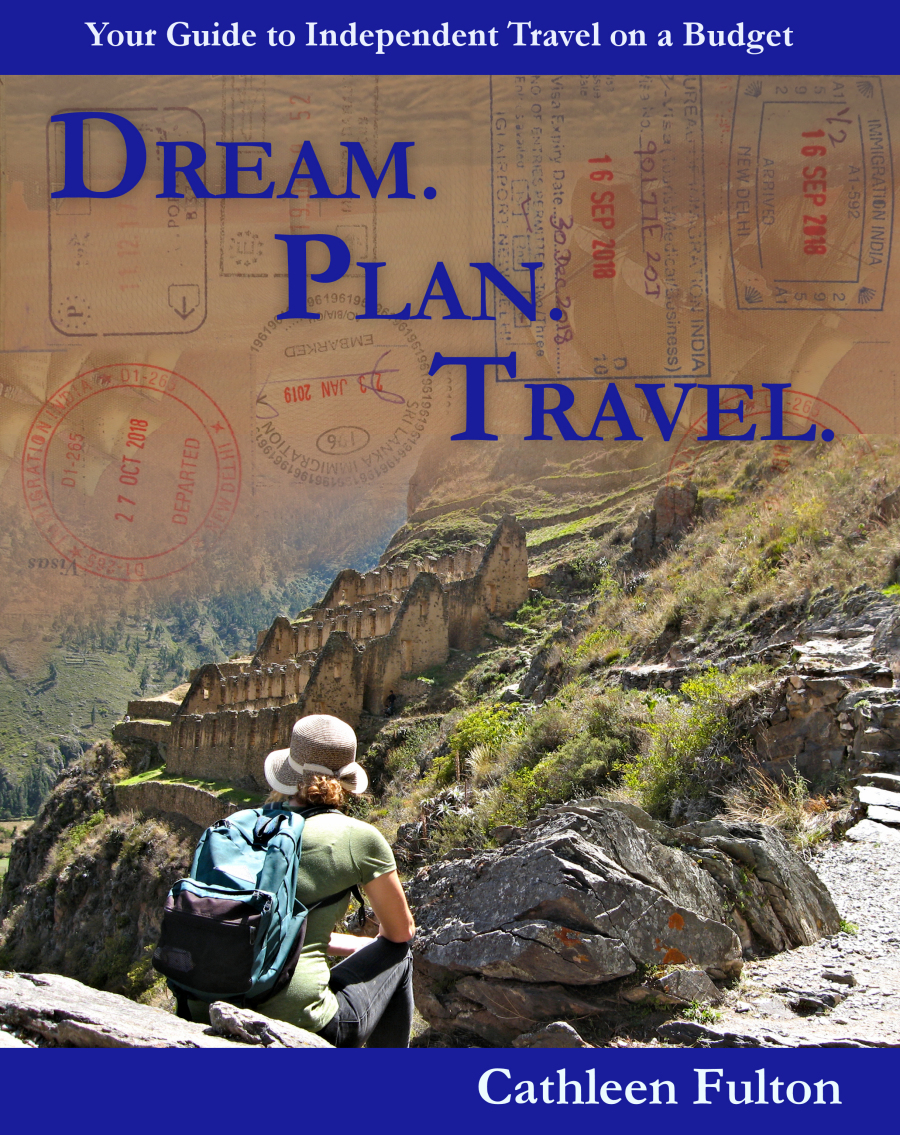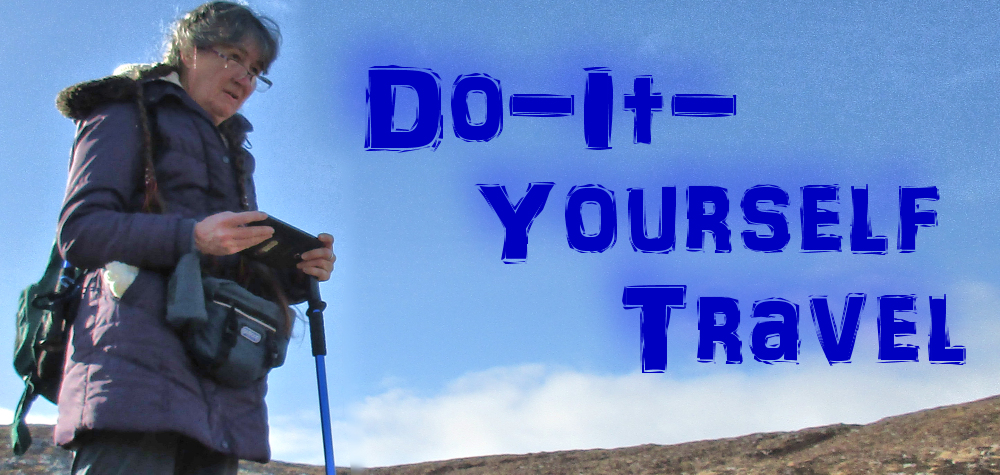
Thinking about traveling independently? What is “independent” travel anyway?
After a few months of moving about, I figured out the styles of travel that work for me.
Of course, I would never expect anyone to travel the exact way that I do. For that reason, I have broken down my method of travel into several specific styles so that you can get some idea of which kind of travel will work for you—before you hit the road.
This is fifth in a series of posts about travel styles. In previous posts, I wrote about:
Today’s topic is Independent Travel.
What Does “Independent Travel” Mean?
It can vary from traveler to traveler. But most independent travelers:
- like to choose their destinations and itineraries based on their own interests.
- like to do all or most of their own travel research.
- only hire guides or go on guided excursions occasionally.
- travel alone or with a limited number of like-minded people.
- engage with locals, which often means staying in one location longer than most guided tours allow for.
- usually like to travel “off the beaten track.”
- enjoy “living locally,” using public transportation, and local stores, markets, and cafés.
- are less interested in sightseeing and more interested in getting to know the people and culture.
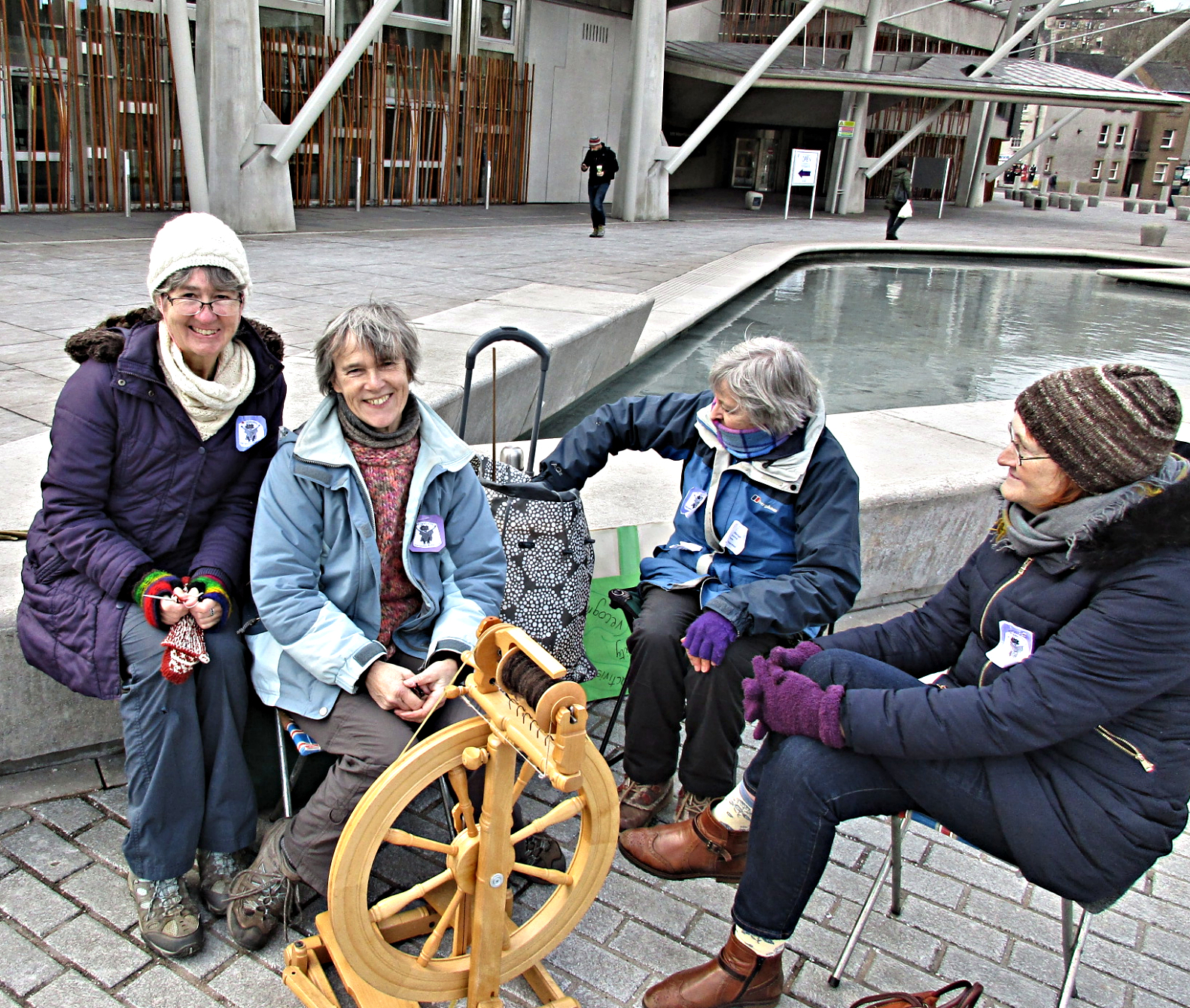
Engaging with locals….Spinning and knitting with the local Scottish ladies in front of the Scottish Parliament on International Women’s Day, 2018.
Advantages of Independent Travel
- You get to choose where and when you want to go.
- You get to change plans on a whim.
- You have more opportunity to make lasting friendships with locals and other travelers.
- When you feel a special attraction to a location, you can decide to stay longer. On the other hand, when you are disappointed in a location or experience, you can quit or leave and go on to something more to your liking.
- You can save money. With careful planning, independent travel can be much cheaper than escorted tours. I traveled for less than $40 per day for 3½-months in Peru (including airfare).
- You can travel more slowly. When on an escorted tour, you are always faced with deadlines (“Be ready to leave by 8:00 am.” “You have until 2:00 to visit the museum on your own.”)
- If you become ill or just want to take a day off, you can do so.
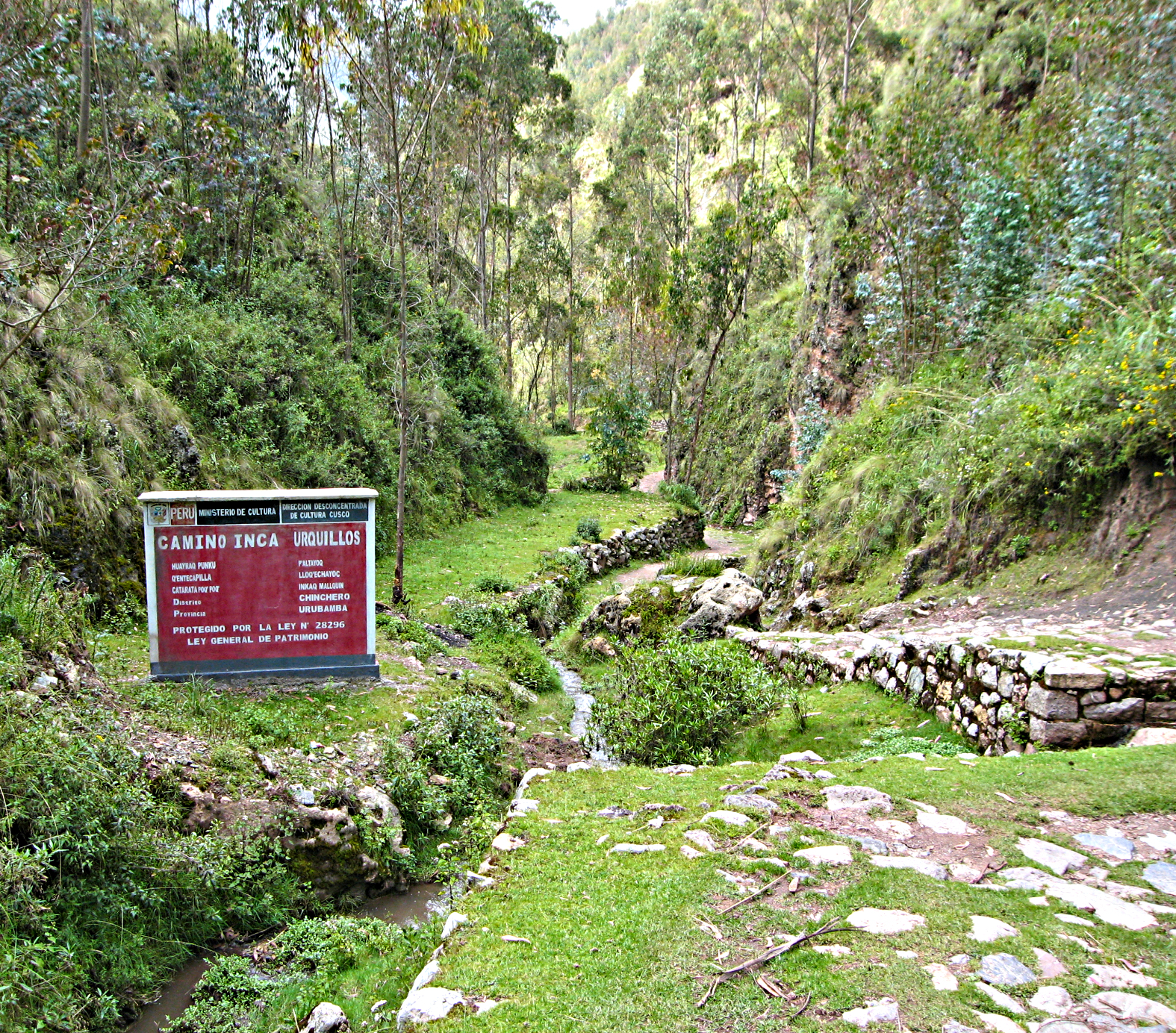
On this gorgeous downhill walk from Chinchero to the Urabamba River, I did not meet one tourist, and yet it is in the heart of the very touristy Sacred Valley in Peru.
The Disadvantages
Sound idyllic? Well, there are some downsides.
- You have to make all your own travel arrangements. And this can mean spending hours on the computer looking at train, bus, or flight schedules, and deciding on which is the best lodging choice. If you are not a professional travel agent, it is easy to make a mistake in the arrangements and not find out about them until it is too late.
- You may several hours working out all the ins and outs for an excursion only to find that there is no way to be transported on one essential leg of the trip. Then you have to start over from square one or plan something different.
- You frequently run into language problems because there is no translator readily available.
- You cannot easily turn to a guide and ask questions as they come up. As a result, you may miss out on learning key details about a location or experience. However, save up your questions. Your guesthouse or hostel hosts are usually very happy to explain things to you.
- You will not be able to visit as many places as quickly as you do on an escorted tour.
Would you like to explore the world as an independent traveler?
My Independent Travel
Worksheet will help you decide.
If you are already a subscriber, go ahead and fill out the form to get the worksheet links.
You won’t be subscribed twice.
And don’t worry, we hate spam too! You can unsubscribe at anytime.
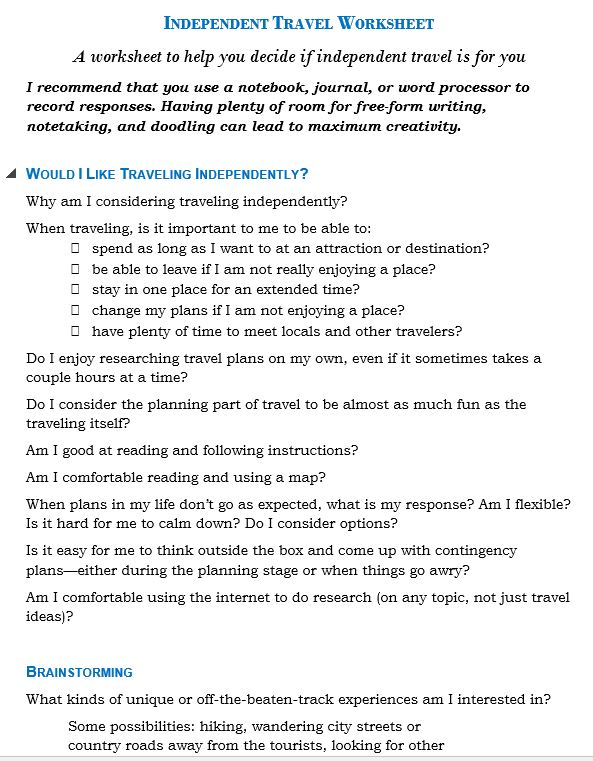
But What About Escorted (Guided) Tours?
The main thing that independent travelers don’t do (or at least they do rarely) is join a packaged tour.
From the beginning, I have stayed away from these kinds of tours, partly because they tend to be so pricey. They usually provide lodging and meals that I consider expensive. They include (sometimes hefty) admissions to some sites that I have no interest in. There are several middle-men who each get a cut of your fare.
You can read about the pros and cons of guided excursions and package tours here.
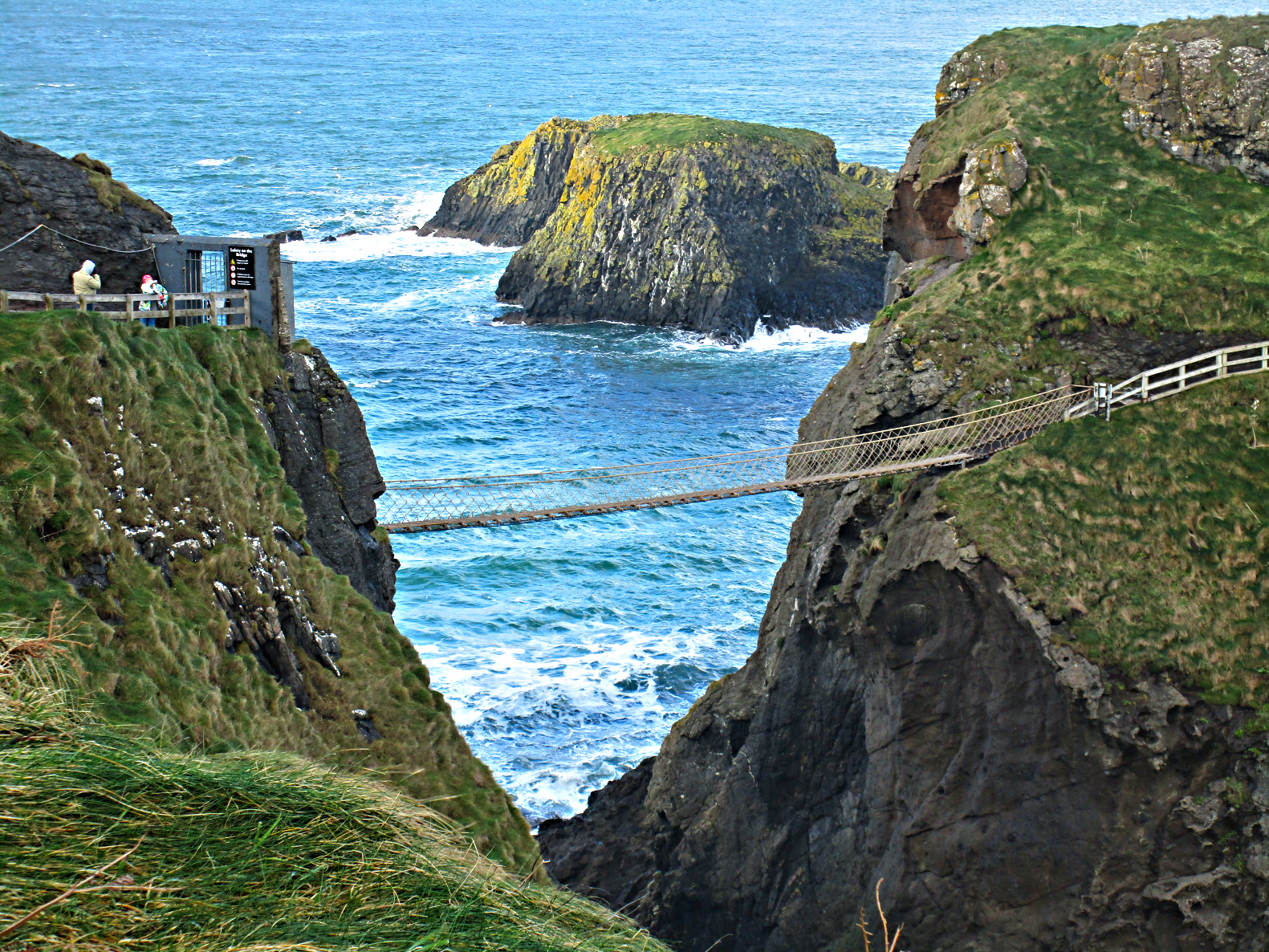
I could have explored this wild coast of Northern Ireland all day, but alas, I had taken a guided excursion up from Belfast and we “had to be back on the bus in an hour.”
Become an Experienced Independent Traveler
Honing your skills for making your own reservations and travel plans is a core practice for becoming an experienced independent traveler. These days the internet is so useful and with careful searching, you can usually find the information you need to plan and execute independent excursions.
If you would like to learn the nitty-gritty details of how I plan my travels, be sure to read “Steps I take on the Road to a Reservation.” You can read a specific example of how I apply these techniques here.
Other Blog Posts You May Find Interesting
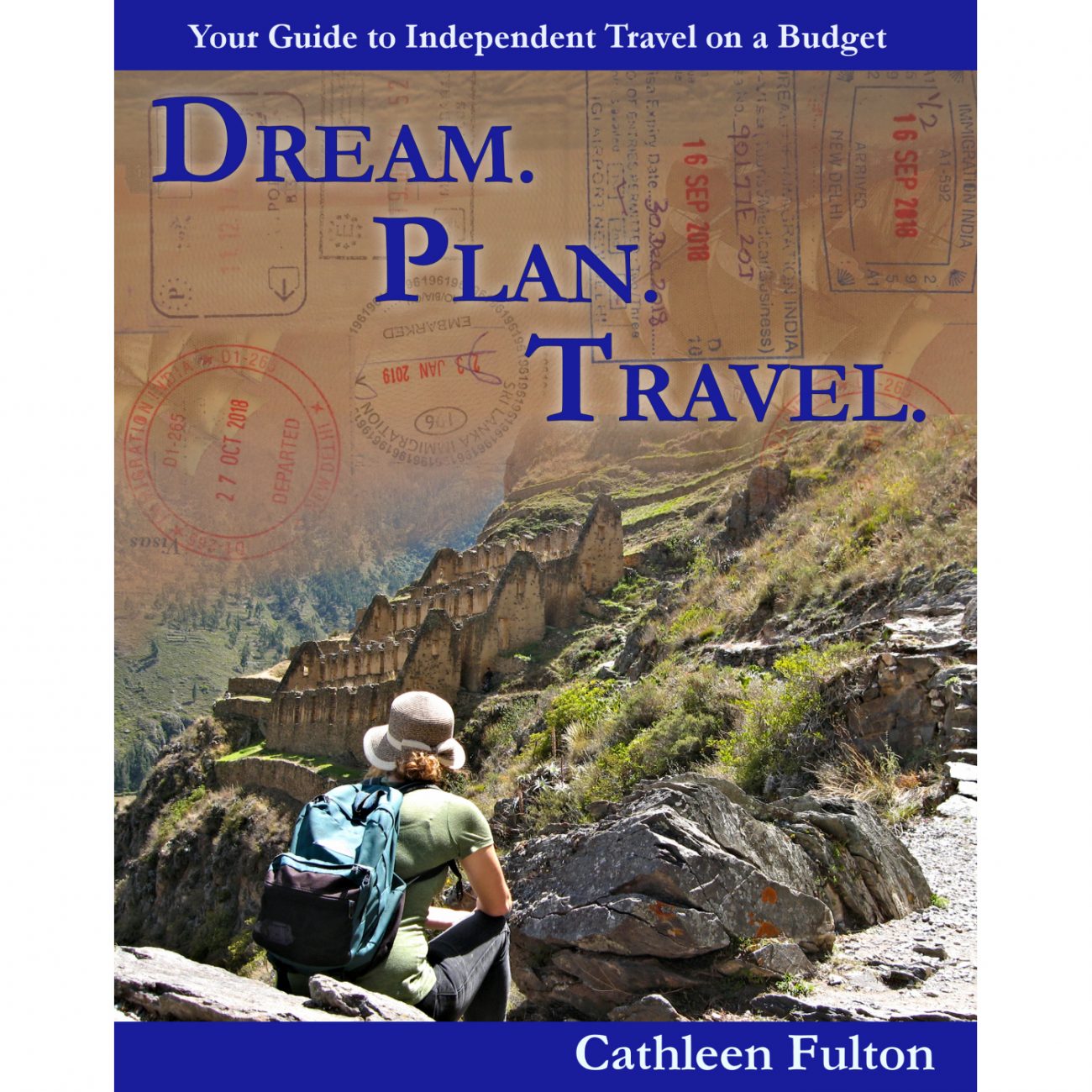
Introduction to My Book: Dream.Plan.Travel.
I envisioned a work that would show how I travel as well as inspire others to find the travel style and methods that work for them.

Do-It-Yourself Travel
Most independent travelers like to choose their destinations and itineraries based on their own interests, and they like to do all or most of their own travel research.
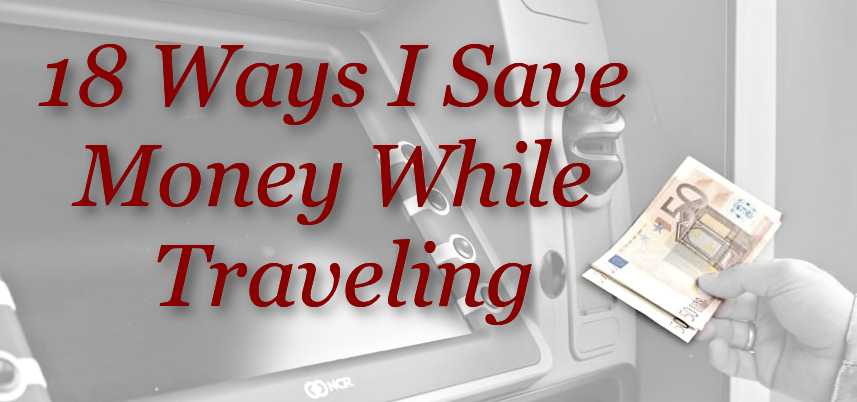
18 Ways I Save While Traveling
I spent 13 months in Europe during 2017-18 for less than $1,300 USD per month using the tips in this post.
